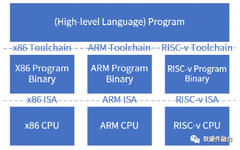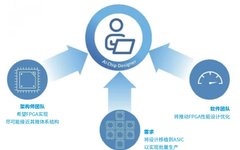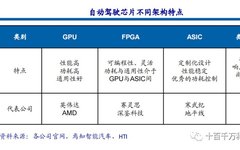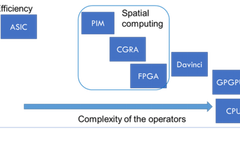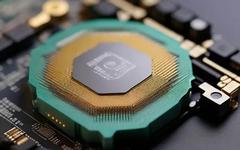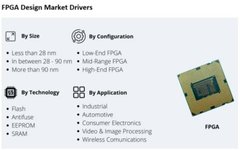Artificial Intelligence Chips: Concepts and Importance
In the foreseeable future, artificial intelligence will play a significant role in national and international security. Therefore, the U.S. government is considering how to control the dissemination of information and technology related to artificial intelligence. Due to the difficulty in effectively managing general artificial intelligence software, datasets, and algorithms, the computer hardware required for modern … Read more


